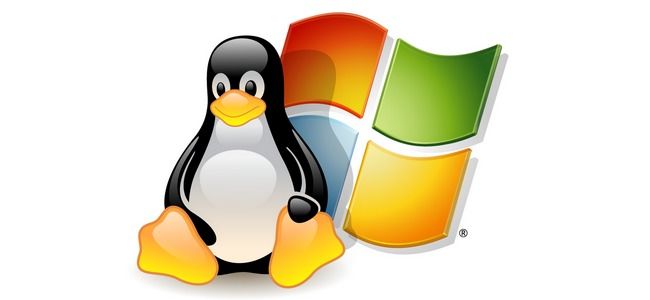If you've ever dual booted a system or tried to load a hard drive formatted for use by one OS into a machine running another, you may have noticed the discrepancies in compatibility. Why can Linux read Windows disks but the reverse isn't true?
Today’s Question & Answer session comes to us courtesy of SuperUser—a subdivision of Stack Exchange, a community-driven grouping of Q&A web sites.
The Question
SuperUser reader User wants to know why he can't interchange disks easily:
I dual booted my Windows XP, installing Linux Mint. I found out that when using Linux Mint, I could see and open files installed on Windows XP, but when using Windows XP, I can't see and open files installed on Linux Mint.
Why is that?
Why does Linux recognize Windows but not the other way 'round?
Why indeed? If it was a case of neither operating system reading the opposite systems disks we could write it off as fundamental incompatibility.
The Answer
SuperUser contributor Annan offers the following insight into the business reasons for the compatibility (in the case of Linux) and the compatibility issues (in the case of Windows):
Linux gains users by being compatible with windows since most people switch TO linux and have data on NTFS/FAT drives. Microsoft has no reason to add Linux file system support since most of it's users don't use Linux files ystems and it wants people to use it's files ystems.
JW8 offers a more detailed explanation with a solution for Linux file system compatibility:
Windows only natively supports the NTFS and FAT (several flavors) file systems (for hard drives/magnetic systems) and CDFS and UDF for optical media, per this article.
To access other file systems, additional drivers/software will be required. As an example, the Ext2 Installable File System For Windows driver is an open source project that supports the Ext2 system.
For more information about file systems check out Is a File System Just a Bunch of Folders? (File Systems Explained).
Have something to add to the explanation? Sound off in the the comments. Want to read more answers from other tech-savvy Stack Exchange users? Check out the full discussion thread here.

